#wetlands wildlife
Explore tagged Tumblr posts
Text









Wings Over Water 🌊
by calmin.gram
#lapwing flock#birds in flight#water reflections#serene wildlife#nature photography#bird watching#tranquil moments#avian beauty#wetlands wildlife#flock behavior
1 note
·
View note
Text
#youtube#nature#australian wildlife#wildlife#weather#frogs#urban wildlife#wetlands wildlife#workshop#rain#CUTE ANIMALS#FROGS ON TUMBLR#WETLANDS WILDLIFE
1 note
·
View note
Text
"The Lower Ninth Ward of New Orleans has recently witnessed an incredible eco-renaissance following decades of damage and neglect.
Led by a local community development group, a 40-acre wetlands park has been restored to glories past with hundreds of local trees that attract over a hundred species of birds, plus joggers, picnickers, and nature lovers besides.
The story begins with Rashida Ferdinand, founder of Sankofa Community Development Corporation (CDC). Growing up in this historic part of New Orleans, where Black homeownership thrived, where Fats Domino was born, and where locals routinely went out into the wetlands to catch fish and crustaceans, she watched as it suffered from years of neglect.
Poor drainage, ruined roads, illegal trash dumping, and unmitigated damage from hurricanes slowly wasted the wetland away until it was a derelict eyesore.
In the name of restoring this wild heritage indicative of the culture in the Lower Ninth, and in order to protect her communities from flooding, Ferdinand founded the Sankofa CDC, and in 2014 entered into an agreement with the City of New Orleans for the restoration of Sankofa—a 40-acre section of neglected wetlands in the heart of the Lower Ninth.
The loss of Sankofa’s potential to dampen flooding from storms meant that over the years dozens of houses and properties were flooded and damaged beyond the ability of the inhabitants to recover. Forced out by a combination of nature’s fury and government failure, the cultural heritage of the community was receding along with the floodwaters.
Ferdinand knew that restoring natural flood barriers like Sankofa was key to protecting her community.
“Hurricane protection is a major concern in the community, but there’s a lack of trust in the infrastructure systems that are supposed to protect us,” Ferdinand told the Audubon Society.
Today, Sankofa Wetlands Park is a sight to behold. Hiking trails snake through a smattering of ponds and creeks, where bald cypresses and water tupelo trees continue to grow and cling to the ground even during storms. Picnic benches have appeared, wheelchair-accessible trails connect sections of the park to parts of the Lower Ninth, and local businesses are seeing more visitors.
It needed a lot of work though. Thousands of invasive tallow trees had to be uprooted. 27,000 cubic meters of illegally dumped trash compacted into the dirt had to be removed. A 60-year-old canal dug by the US Army Corps of Engineers had to be disconnected, and all new native flora had to be planted by hand.
Audubon says that Ferdinand routinely can’t believe her eyes when she looks at the transformation of Sankofa into its current state.
“Seeing butterflies, birds, and other pollinators in the park is a sign of a healthy ecosystem,” she says. “All we had to do was create the right conditions.”
Slated for official completion in 2025 with an outdoor amphitheater, interpretive signage, and additional trails, Ferdinand and the CDC have their eyes set on an even larger area of wetlands to the north of Sankofa.
Along the way, Ferdinand and the CDC attracted many helping hands, and entered into many partnerships, But the catalyst for change arose from the spirit and determination of one woman in the right place at the right time, for the benefit of hundreds in this historic heart of a historic city."
-via Good News Network, September 17, 2024
#new orleans#louisiana#nola#united states#wildlife#wetlands#ecology#ecological restoration#conservation#good news#hope
3K notes
·
View notes
Text
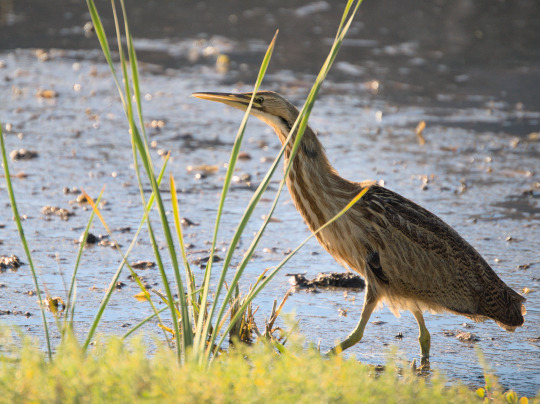
American Bittern Botaurus lentiginosus
11/27/2022 San Jacinto Wildlife Area, California
#american bittern#bitterns#bittern#wading bird#marsh#wetland#bird#birds#bird photography#birblr#wildlife#wildlife photos#wildlife photography#nature#nature photos#nature photography#birding#birdwatching#birding photos#my photos#california#california wildlife
515 notes
·
View notes
Text

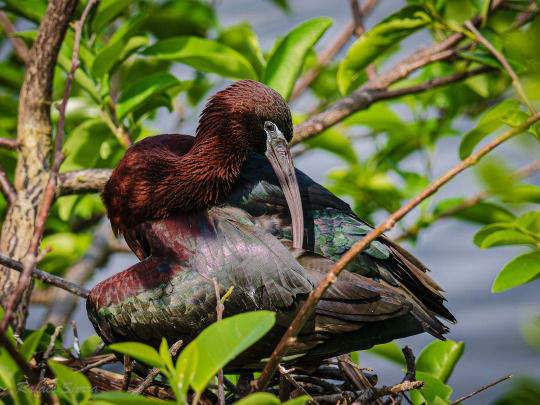
Glossy Ibis in mating plumage
#glossy ibis#birds#original photography#photographers on tumblr#photography#bird photography#nature photography#wildlife photography#Wakodahatchee wetlands#florida#om system#om 1#rafefar
843 notes
·
View notes
Text

Julia Butler Hansen Wildlife Refuge, Washington
156 notes
·
View notes
Text

I could've been a Peacock.
White Faced Heron, Lara Wetlands.
On my travels
#original photographers#nature photography#wildlife photography#bird photography#White Faced Heron#Lara Wetlands
270 notes
·
View notes
Text

Adult mayfly showing off their beautiful wings and super long tail. Mayflies are yet another "dinosaur bug" with traits that may have been present in the first insects to evolve. For example, they can't fold their wings and instead hold them upright. Adults are very short-lived, and their sole purpose is to mate and lay eggs. The larvae live in fresh water and are an indicator of a healthy aquatic ecosystem.
unidentified species, order Ephemeroptera Northeastern Pennsylvania, US
#mayfly#Ephemeroptera#dinosaur bug#creature#bugs#bugblr#nature#nature photography#biodiversity#animals#arthropods#inaturalist#entomology#insect appreciation#fly fishing#wetlands#rainbow wings#macro photography#insect photography#wildlife
159 notes
·
View notes
Text
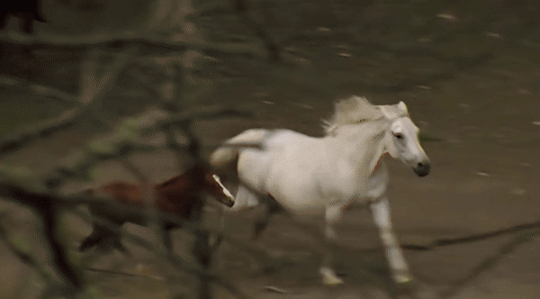
#horses#horse#animals#mustangs#science#education#nature#photography#animal#landsccape#cute animals#funny#lol#adorable#landscape#paradise#explore#gifs#beautiful#beauty#primates#zoos#mammals#wild animals#wildlife#mountain#incredible#running#wetland#river
388 notes
·
View notes
Text
Our staff recently joined the Wetlands and Wildlife Care Center's efforts to help rescued pelicans under a coordinated state-wide response through the California Department of Fish and Wildlife.
153 notes
·
View notes
Text
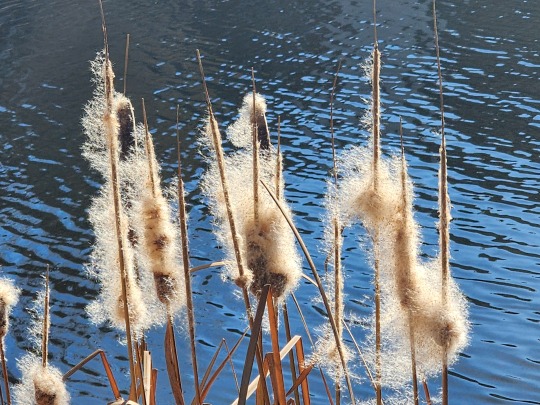
The soft, feathery cattails gently sway above the shimmering waters, their seeds catching the light as they prepare to float away and bring life to new shores. A quiet moment of nature’s beauty and resilience captured by the water’s edge, this scene reminds us of the delicate cycles that shape our world.
#Nature#Wetlands#Cattails#Riparian Zone#Seed Dispersal#Water Photography#Nature Closeup#Urban Wildlife#Reeds and Marshes#MissedMileMarkers
89 notes
·
View notes
Note
Do a Hippo Moodboard! 🤣
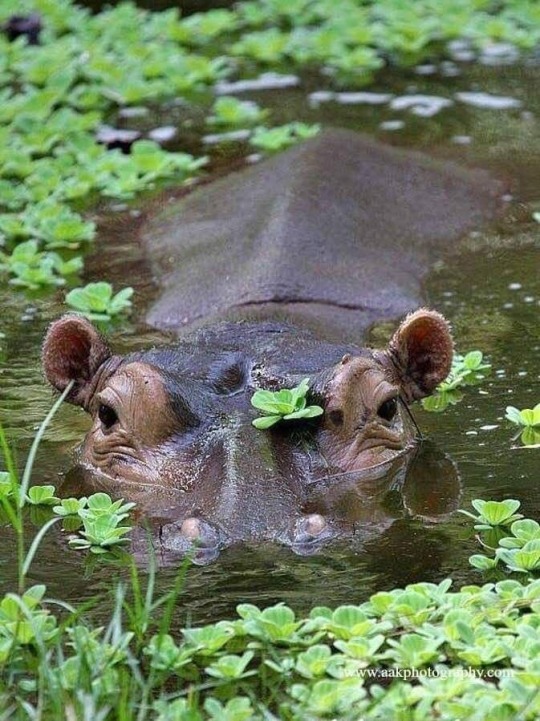
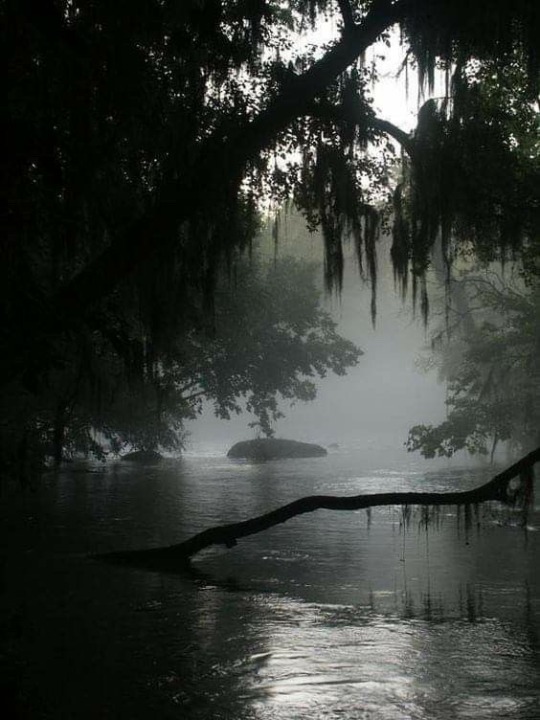
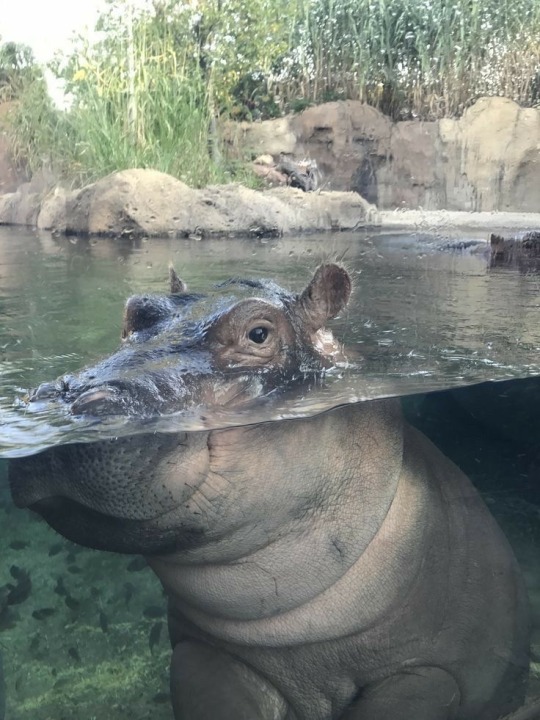
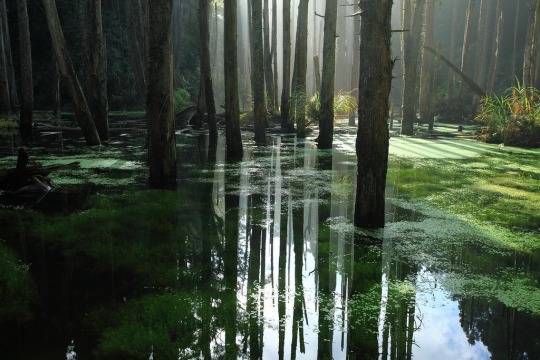
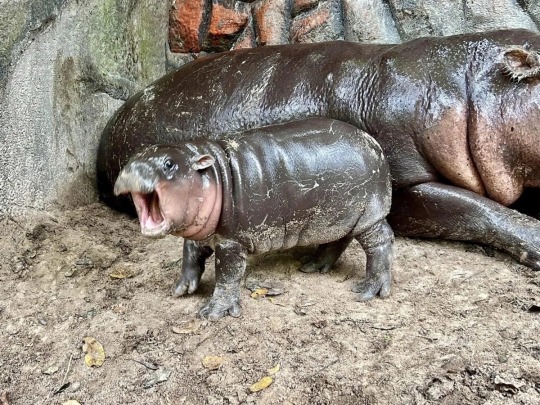
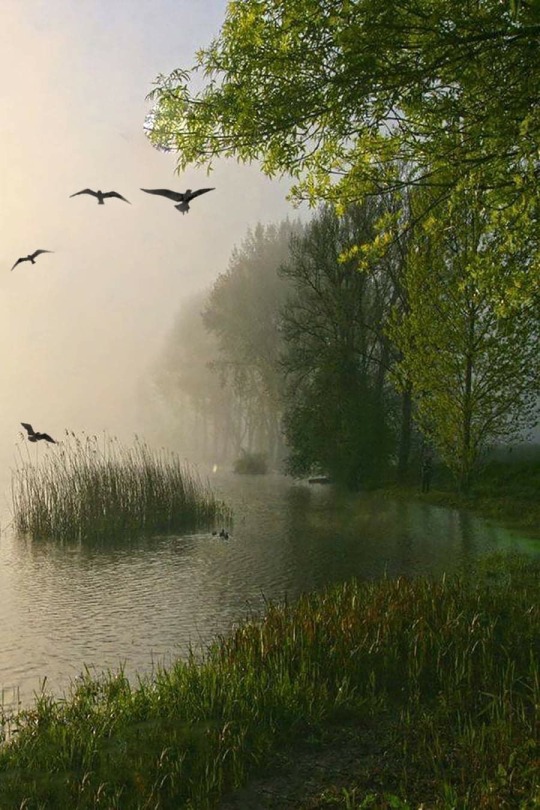
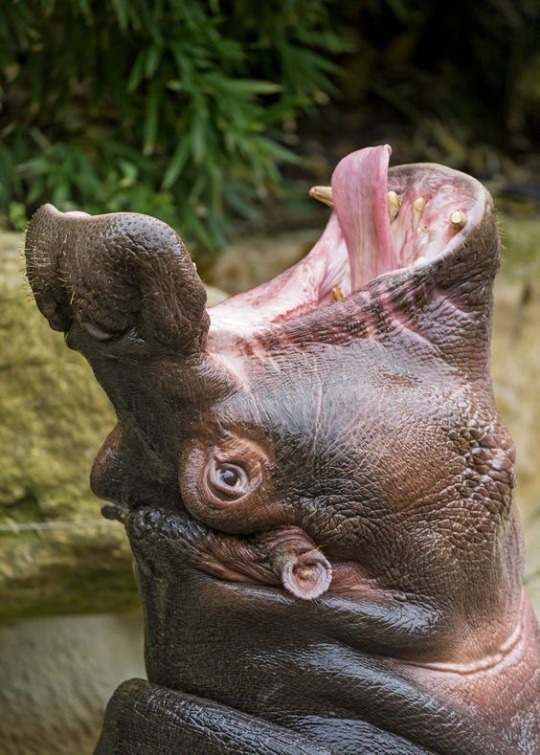
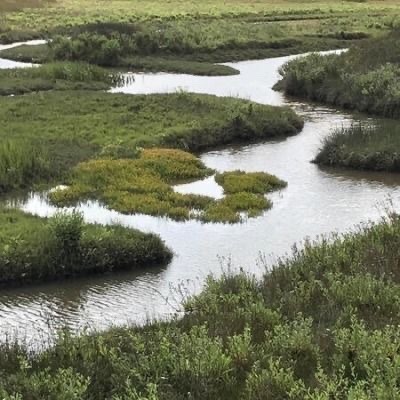

Hippos (Hippopotamus amphibius)
#livi’s moodboards#aesthetic#moodboards#moodboard#gray#nature#green#wetlands#hippos#hippopotamus#fiona the hippo#animals#hippo#hippopotamus amphibius#mammals#African wildlife#wildlife#zoo#moo Deng#swamps
67 notes
·
View notes
Text

#IFTTT#Flickr#harrier#northernharrier#hawk#marshhawk#birdphoto#birdinflight#birdsofprey#birdofprey#birdsinflight#raptor#nature#bird#birding#wildlife#wildlifephotography#wetlands#naturephotography#birdphotography#birds#surfshotcom#📷surfdashshotdotcom#ringtailedhawk#highdesert#tree#outdoors#sky#outside
82 notes
·
View notes
Text
"When considering the great victories of America’s conservationists, we tend to think of the sights and landscapes emblematic of the West, but there’s also a rich history of acknowledging the value of the wetlands of America’s south.
These include such vibrant ecosystems as the Everglades, the Great Dismal Swamp, the floodplains of the Congaree River, and “America’s Amazon” also known as the “Land Between the Rivers”—recently preserved forever thanks to generous donors and work by the Nature Conservancy (TNC).
With what the TNC described as an “unprecedented gift,” 8,000 acres of pristine wetlands where the Alabama and Tombigbee Rivers join, known as the Mobile Delta, were purchased for the purpose of conservation for $15 million. The owners chose to sell to TNC rather than to the timber industry which planned to log in the location.
“This is one of the most important conservation victories that we’ve ever been a part of,” said Mitch Reid, state director for The Nature Conservancy in Alabama.
The area is filled with oxbow lakes, creeks, and swamps alongside the rivers, and they’re home to so many species that it ranks as one of the most biodiverse ecosystems on Earth, such that Reid often jokes that while it has rightfully earned the moniker “America’s Amazon” the Amazon should seriously consider using the moniker “South America’s Mobile.”
“This tract represents the largest remaining block of land that we can protect in the Mobile-Tensaw Delta. First and foremost, TNC is doing this work for our fellow Alabamians who rightly pride themselves on their relationship with the outdoors,” said Reid, who told Advance Local that it can connect with other protected lands to the north, in an area called the Red Hills.
“Conservation lands in the Delta positions it as an anchor in a corridor of protected lands stretching from the Gulf of Mexico to the Appalachian Mountains and has long been a priority in TNC’s ongoing efforts to establish resilient and connected landscapes across the region.”
At the moment, no management plan has been sketched out, but TNC believes it must allow the public to use it for recreation as much as possible.
The money for the purchase was provided by a government grant and a generous, anonymous donor, along with $5.2 million from the Holdfast Collective—the conservation funding body of Patagonia outfitters."
youtube
Video via Mobile Bay National Estuary Program, August 7, 2020
Article via Good News Network, February 14, 2024
#united states#alabama#estuary#wetlands#swamp#river#environment#environmental issues#conservation#video#biodiversity#american south#ecosystems#ecology#conservation news#wildlife conservation#ecosystem#conservation efforts#good news#hope#forest#swampco#re#Youtube
2K notes
·
View notes
Text

Willet Tringa semipalmata
6/12/2023 Bolsa Chica Ecological Reserve, California
#willet#willets#shorebird#shorebirds#sandpipers#salt marsh#wetlands#bird#birds#bird photography#birblr#wildlife#wildlife photos#wildlife photography#nature#nature photos#nature photography#birding#birdwatching#birding photos#my photos#california#california wildlife
81 notes
·
View notes
Text
This is a big deal, ecologically speaking. California's Central Valley, largely now turned to dry agriculture and other development, used to be full of wetlands. It has offered key locations for birds migrating along the Pacific Flyway each spring and fall, and historically had great biodiversity of year-round species. From the 1780s to the 1980s it's likely that the continental U.S. lost 60 acres of wetland every hour, non-stop.
Now, most of the wetlands in central California are drained, and invasive species like eucalyptus trees also impact ecosystems across the region. But restoration projects offer chances to bring back some of what was lost. Because the land and its natural hydrology has been so broken up, and so much water is sucked down by agriculture, some restored wetlands--like those at Sacramento National Wildlife Refuge--must have water piped in seasonally.
3400 acres, while the largest restoration to date in the delta, is a drop in the bucket compared to the massive amounts of wetlands that once covered large areas of the state. But it reminds us that we can restore thousands of acres at once, and hopefully someone will see fit to try to break that record.
#wetlands#California#Central Valley#habitat restoration#restoration ecology#migration#environment#conservation#birds#wildlife#nature#ecology#science#scicomm
56 notes
·
View notes